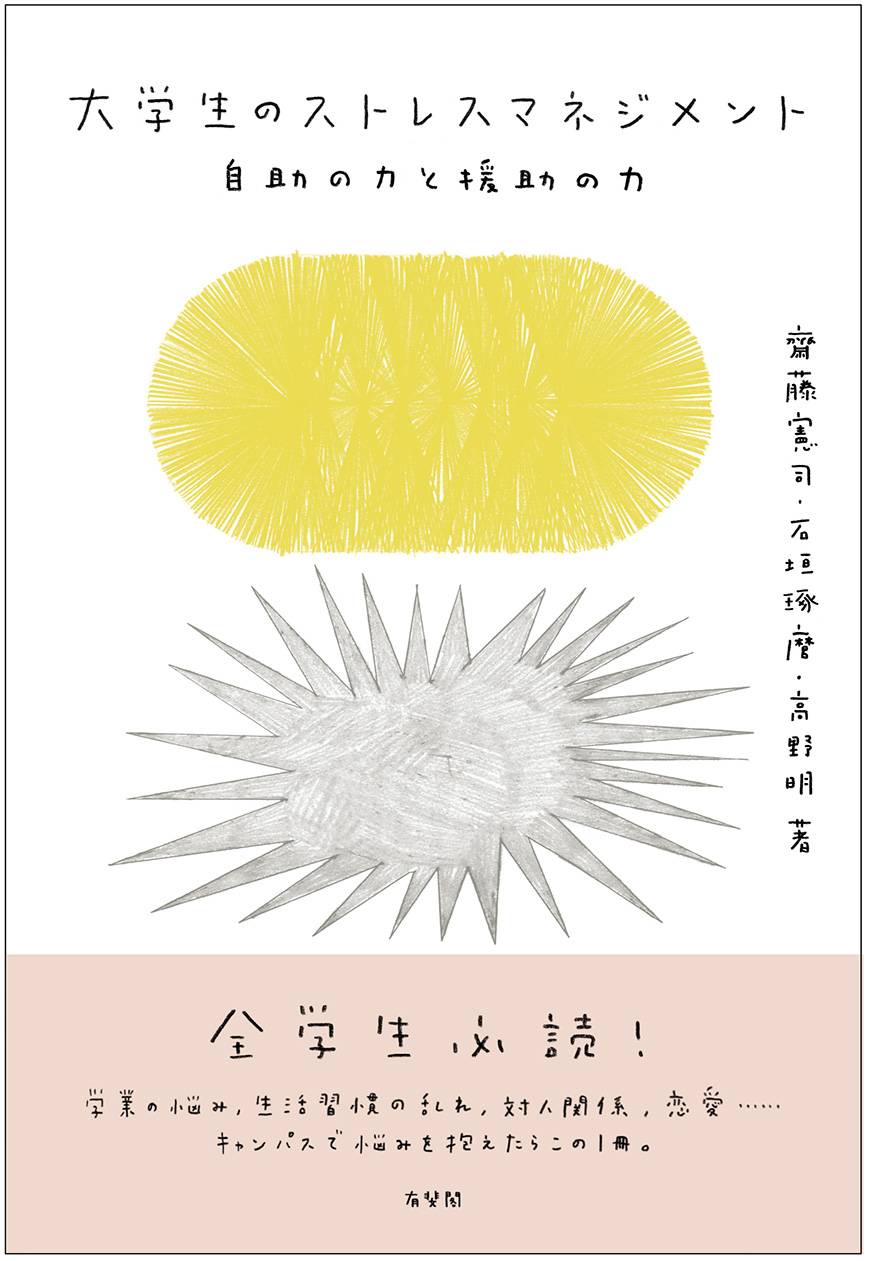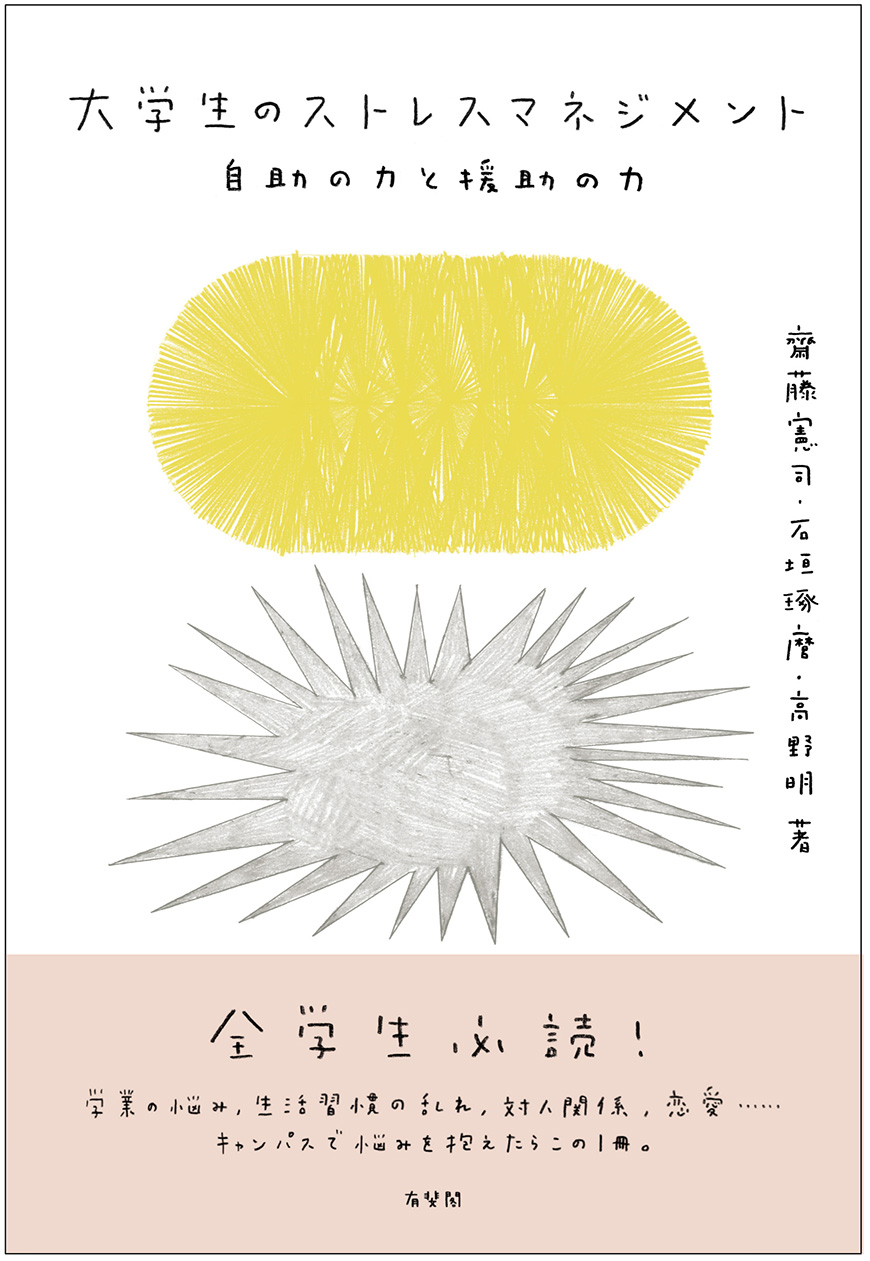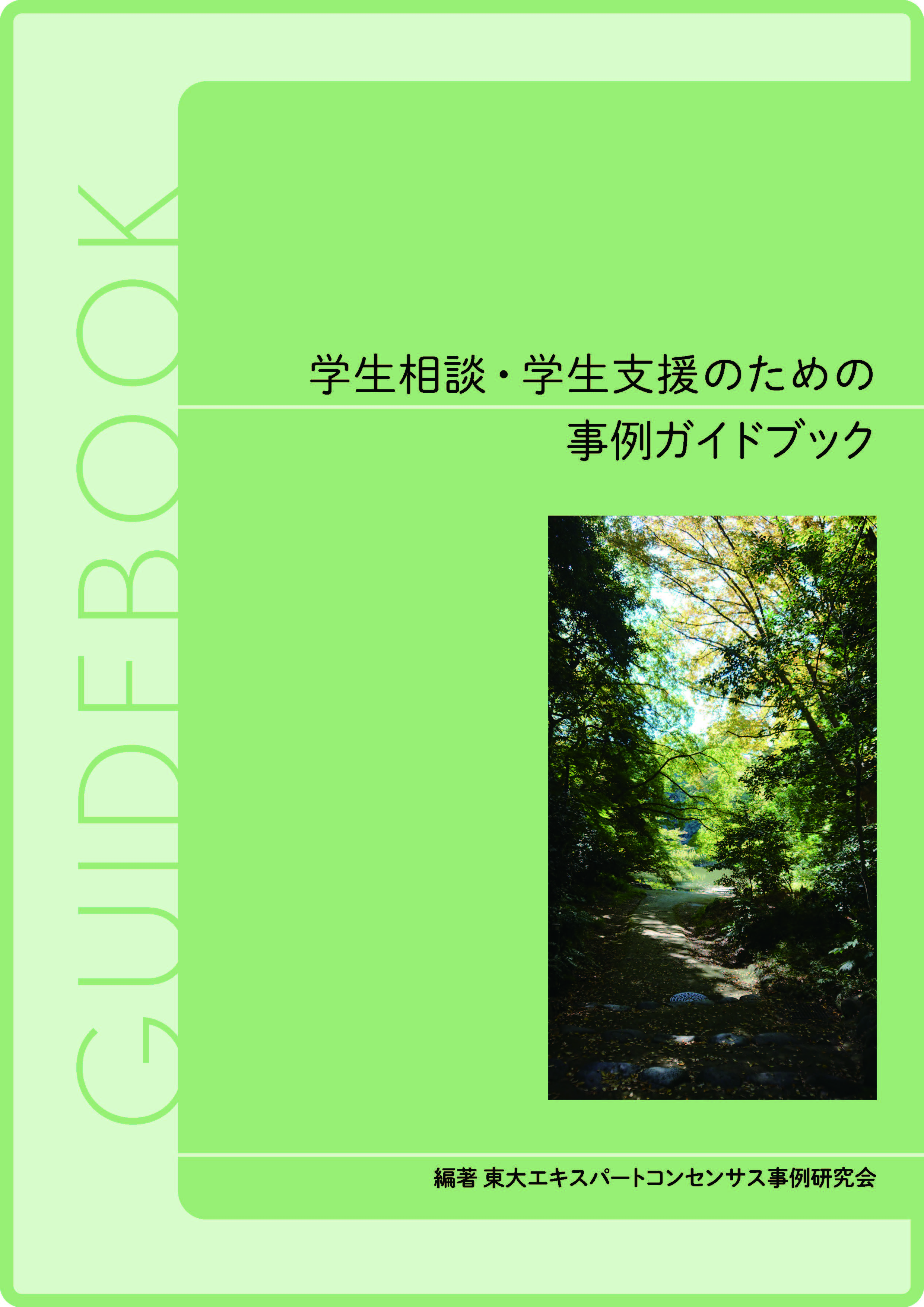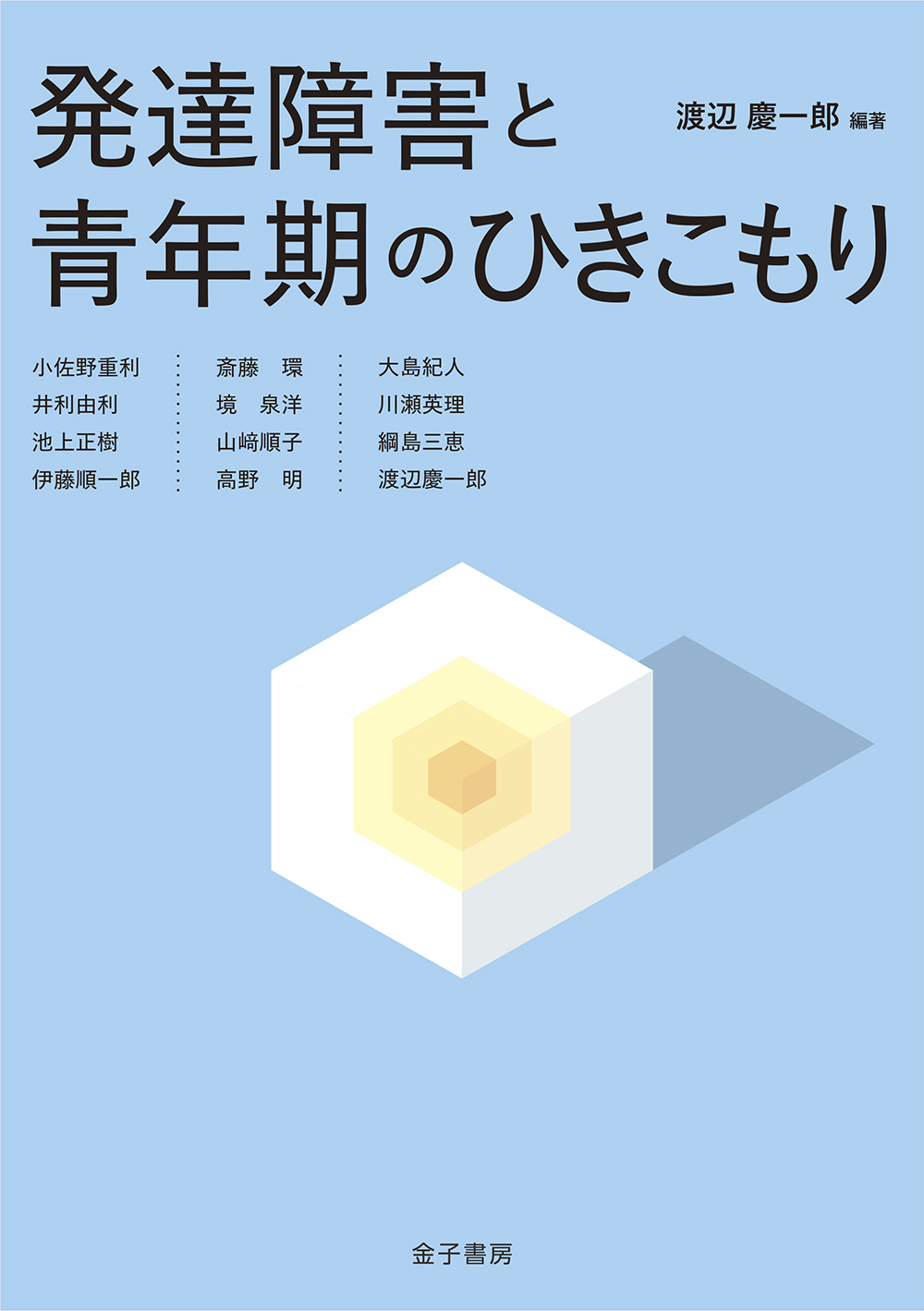
Title
Daigakusei no Stress Management (Stress Management Techniques for University Students - Self-help skills and reciprocal-help skills)
Size
240 pages, 127x188mm, softcover
Language
Japanese
Released
April, 2020
ISBN
978-4-641-17456-6
Published by
Yuhikaku Publishing
Book Info
See Book Availability at Library
Japanese Page
While at university, any student will experience stress from time to time. Students are all the more likely to experience stress this year because COVID-19 has caused societal upheaval, making university life completely different from pre-COVID times. Adapting to a change in circumstances requires considerable energy. The process can be very stressful and sometimes result in physical or emotional injury. It is therefore important for every student to learn skills to manage stress.
Students should read this book as early as possible, ideally during their freshman year. The book contains detailed accounts of the experiences of counselors actively helping students deal with the various stressors they encounter in university life. Rather than discussing stress management in the vein of a clinical psychology textbook by using psychological jargon such as “depression,” “anxiety,” “developmental disorder,” and “identity,” the authors focused on the issues relevant to students’ everyday lives, such as study, extra-curricular activities, friendships, relationships with parents, love and sex, social media and gaming, and careers. The authors present specific episodes together with commentary. Through this commentary, they give readers ideas to ponder and explain the knowledge and skills students should acquire, in a way that should resonate with student life.
The book’s contents are structured in a way that reflects student life to ensure that students will find the book easy to read and understand. Each subchapter of the book features a concise summary of the key points the author wants to convey (“This is what you need to know!”). The end of each main chapter features a worksheet (“Mental Flexibility Work”) that prompts readers to consider the themes in the chapter that readers can relate with their own experiences. The book also features a section listing essential pointers that were not covered in the main text. Additionally, each chapter ends with a “further reading” section for readers who wish to explore the content at a more specialized level.
As the book’s subtitle suggests, the authors hope that readers will master two kinds of skills: the self-help skills to handle stress through their own efforts and the reciprocal-help skills to both seek help from and support others. By mastering both kinds of skills, students will experience a better quality of life at university and beyond.
This book is strongly recommended to students beginning their life at university.
(Written by TAKANO Akira, Associate Professor, Center for Research on Counseling and Support Services / 2020)



 Find a book
Find a book


 eBook
eBook

